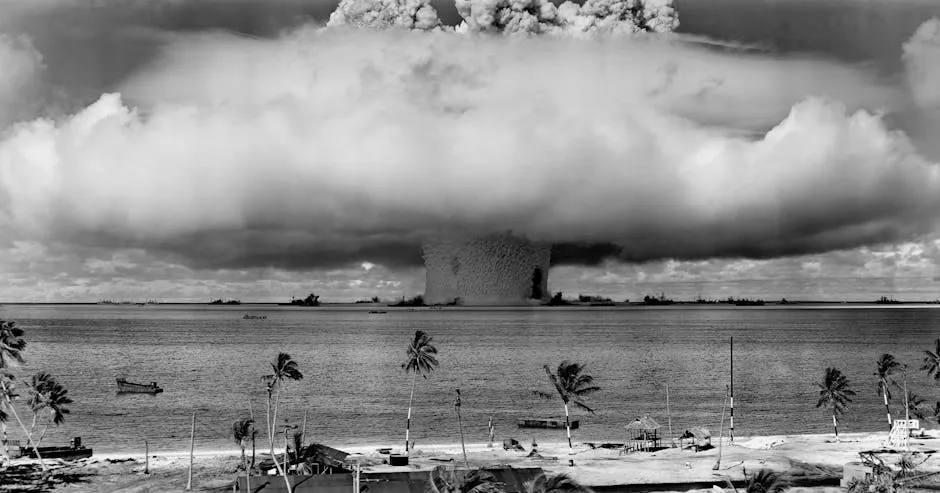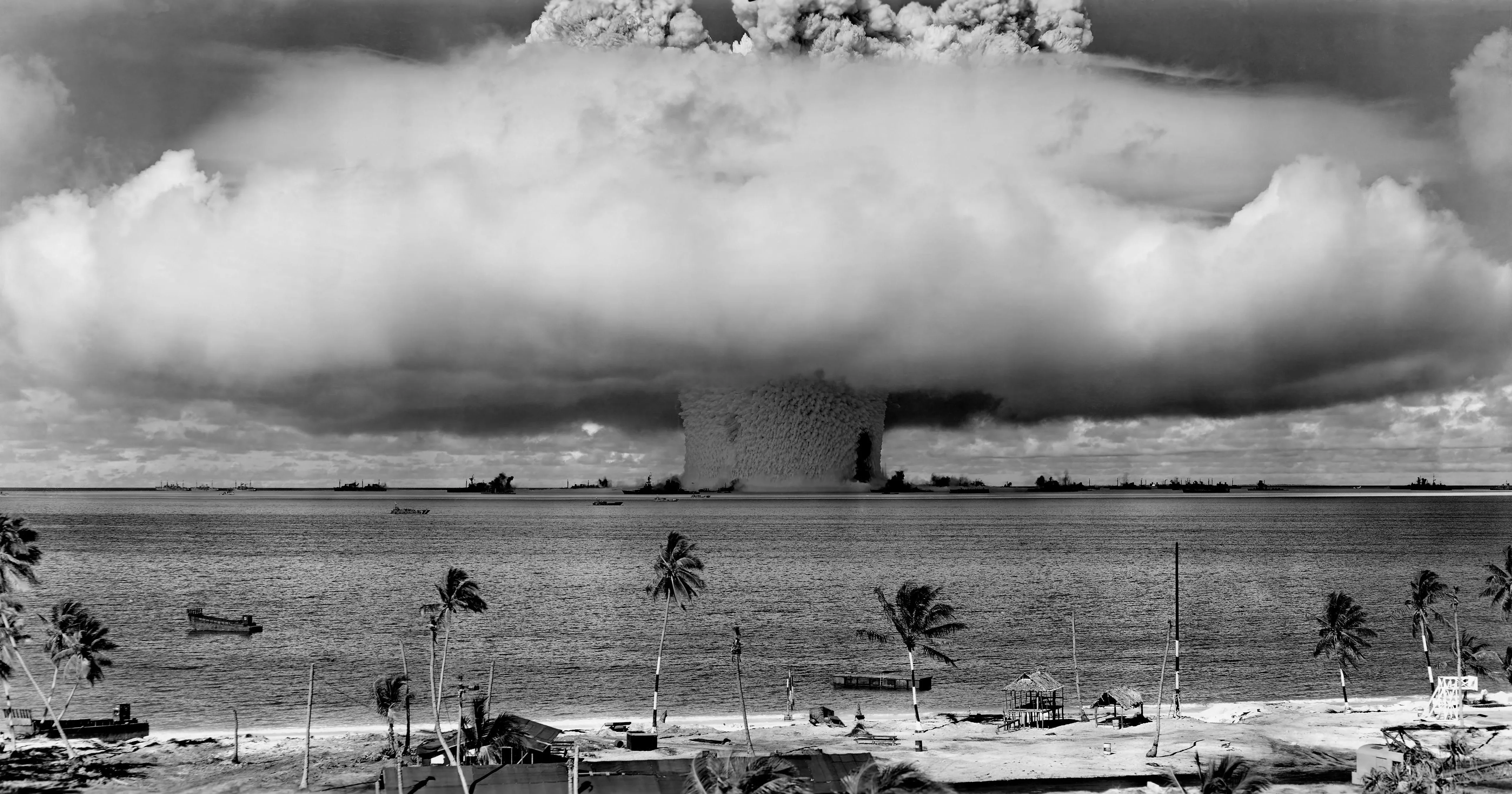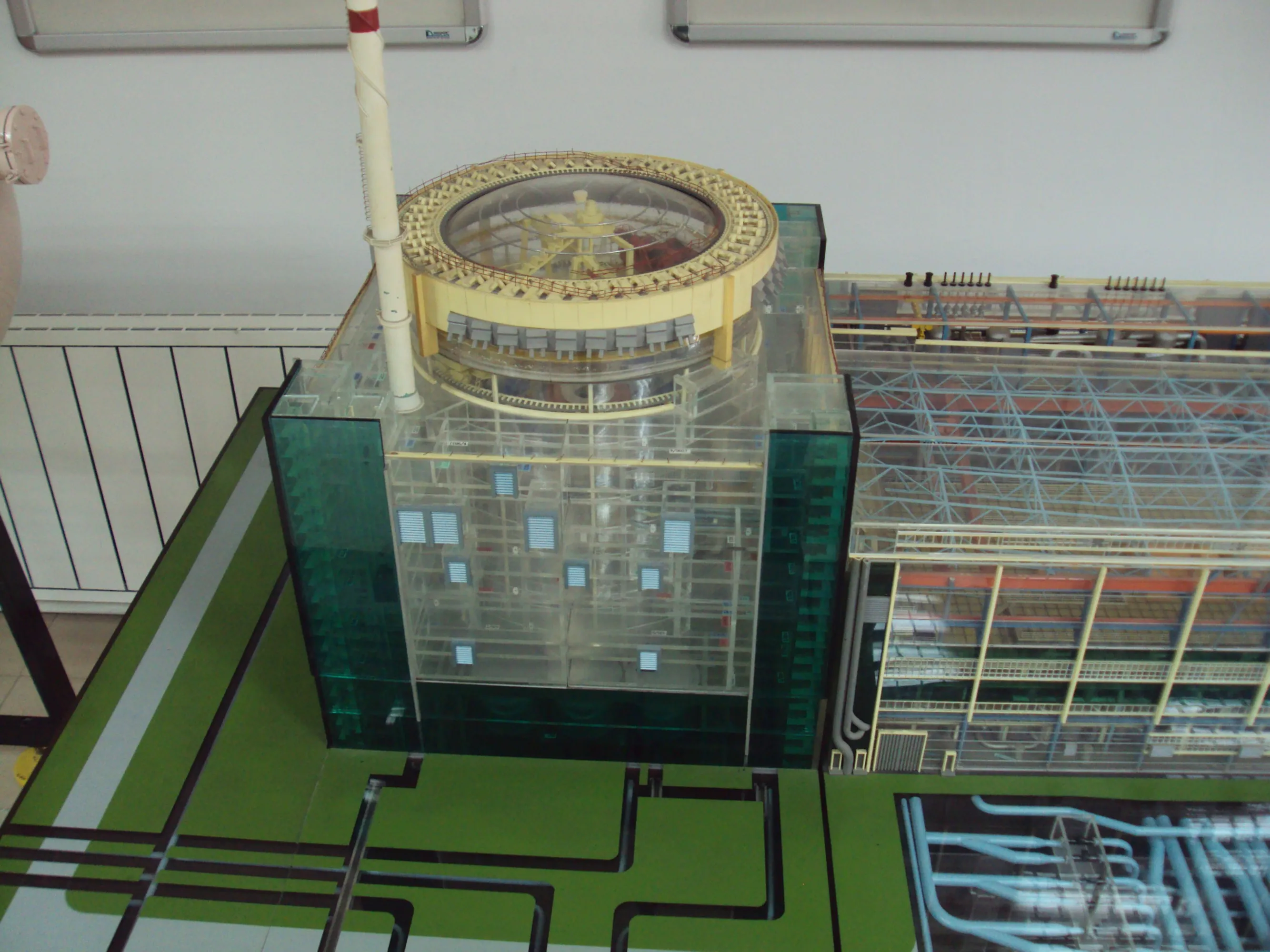Iran has ordered thousands of tons of components for ballistic missiles from China in order to restore its military potential. This was reported in the Wall Street Journal by sources familiar with the details of the deal between the two countries.
According to these sources, in the coming months Iran is expected to receive shipments of ammonium perchlorate - a compound that can be used to power hundreds of ballistic missiles. One of the sources pointed out that some of the materials will likely be sent to pro-Iranian militias, including the Houthis in Yemen.
Ammonium perchlorate is an oxidizer used in the production of explosives and pyrotechnics, and is crucial for the solid rocket fuel used in Iran's most effective ballistic missiles. Earlier this year, two Iranian ships docked in China loaded over 1,000 tons of sodium perchlorate - a compound from which ammonium perchlorate is produced. This material was transported to Iranian ports in February and March.
According to official sources, the sodium perchlorate delivered from China at the time was sufficient for about 260 short-range missiles, and the new deal for ammonium perchlorate could allow Iran to produce up to 800 missiles.
According to the report in the Wall Street Journal, the Iranian company "Pishgaman Tjarat Rafi Novin" ordered the missile components in recent months from the Hong Kong firm "Lion Commodities Holdings". Neither company has commented on the report, and a spokesman for the Chinese Ministry of Foreign Affairs stated that Beijing had not been informed of the deal. "China always exercises strict control over dual-use goods in accordance with its export control laws and regulations, as well as its international commitments," the spokesman said.
The contract between Iran and China was signed several months ago, likely before President Trump proposed to the Supreme Leader of Iran, Ayatollah Ali Khamenei, to resume nuclear negotiations in early March. Iran has one of the largest ballistic missile programs in the region and during the nuclear negotiations with the US it emphasized that it would not accept any restrictions on this program.
In an attack in October last year, Israel inflicted serious damage on Iran's ability to produce new solid-fuel missiles by destroying a dozen "planetary mixers" used to mix missile components. According to an official source, Iran has already begun repairing these mixers, which means that a significant portion of the materials imported from China will likely remain in the Islamic Republic, but some of them may be sent to pro-Iranian militias, including the Houthis in Yemen.
In November 2022, the US Navy reported that it had intercepted a ship in the Gulf of Oman carrying over 70 tons of ammonium perchlorate - a route Iran typically uses to deliver weapons to the Houthis in Yemen.
"Iran likely needs materials from other countries to avoid 'bottlenecks' in its domestic production," said Fabian Hinz, a missile expert and Iran researcher at the International Institute for Strategic Studies.
On April 19, the US Treasury Department imposed sanctions on six individuals and six organizations based in Iran and China for "purchasing components for ballistic missile propulsion," including sodium perchlorate, for the Iranian Revolutionary Guard. Shortly thereafter, sanctions were also imposed on Chinese and Hong Kong entities supporting Iran's ballistic missile program.
You may also like
In May, the US Treasury Department added sodium perchlorate to the list of materials it claims are used in Iran's nuclear, military, and ballistic missile programs. "Chinese entities have provided support for Iran's ballistic missile program, as well as the Houthis' efforts to produce missiles and drones, and we continue to identify and target them," it said.








Коментари (0)
Все още няма коментари.